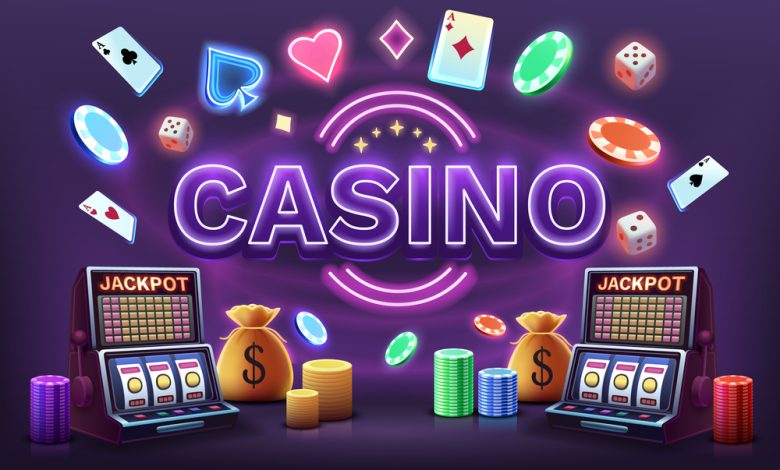In recent years, online gambling has transformed from a niche market to a global phenomenon, attracting millions of players and generating substantial revenue. The convenience of accessing casinos and betting platforms from the comfort of home, coupled with technological advancements, has contributed to the industry’s explosive growth. This article explores the evolution of online api zeus777 login gambling, current trends, associated risks, and what the future may hold for this dynamic sector.
A Brief History of Online Gambling
The origins of online gambling date back to the mid-1990s when the first online casinos emerged, allowing players to engage in traditional games like blackjack and poker from their computers. The introduction of secure payment processing systems further paved the way for trust and reliability in online betting. By the early 2000s, the market saw significant growth, with a multitude of sites offering various gambling options, including sports betting, poker, and virtual slots.
The advent of mobile technology in the 2010s revolutionized the industry once again. With smartphones and tablets becoming ubiquitous, gambling platforms began developing mobile-friendly websites and dedicated apps, allowing players to gamble on-the-go. The COVID-19 pandemic further accelerated this trend as land-based casinos faced closures, leading to a surge in online gambling activity.
Current Trends in Online Gambling
- Live Dealer Games: One of the most popular trends is the rise of live dealer games, where players can interact with real dealers via video streaming. This innovative approach combines the excitement of a physical casino with the convenience of online play, offering an immersive experience.
- Cryptocurrency and Blockchain Technology: The adoption of cryptocurrencies for transactions has gained traction, providing users with anonymity and faster processing times. Blockchain technology is also being explored for enhancing transparency and fairness in games.
- Regulatory Changes: As online gambling becomes more mainstream, regulatory frameworks are evolving. Many jurisdictions are legalizing and regulating online gambling, ensuring consumer protection and responsible gambling measures. However, this landscape can vary significantly by region, leading to disparities in access and regulations.
- Gamification and Social Features: Many online gambling platforms are incorporating gamification elements, such as rewards, leaderboards, and social interactions, to enhance user engagement. These features appeal to younger audiences who are accustomed to interactive and social gaming experiences.
- Increased Focus on Responsible Gambling: With the rise in gambling participation, there is a growing emphasis on responsible gambling practices. Online platforms are implementing tools to help players set limits on spending and playtime, alongside offering resources for those struggling with gambling addiction.
Risks Associated with Online Gambling
While online gambling offers excitement and potential rewards, it also carries inherent risks:
- Addiction: The convenience of online gambling can lead to excessive play and addiction. The ease of access, combined with targeted marketing, may entice individuals to gamble more than they can afford.
- Fraud and Scams: The online gambling landscape can be fraught with unregulated sites and potential scams. Players must exercise caution and choose reputable platforms to protect their personal and financial information.
- Legal Issues: The legality of online gambling varies by region, leading to potential legal ramifications for players engaging in gambling activities in jurisdictions where it is prohibited.
- Financial Risks: Players may experience significant financial losses, especially when gambling without proper budgeting and limits in place. The allure of quick wins can lead to reckless behavior.
